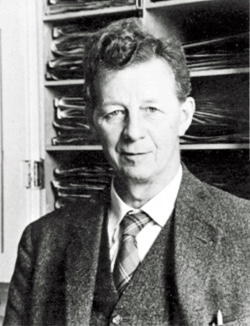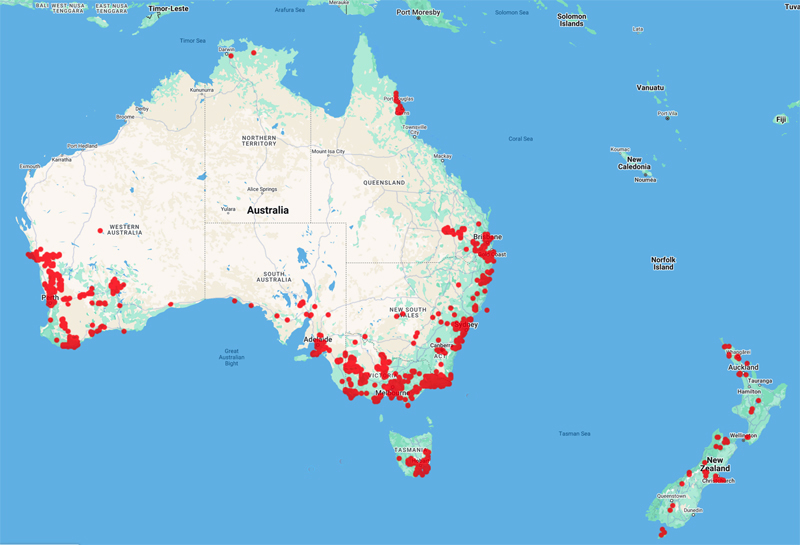
Council of Heads of Australasian Herbaria
Australian National Herbarium
Biographical Notes
 |
Council of Heads of Australasian Herbaria |
 Melville, Ronald (1903 - 1985)
Melville, Ronald (1903 - 1985)Born on 12 March 1903 in England, UK; died on 6 August 1985 in England.
He was an English botanist, based at the Royal Botanic Gardens Kew.
He is chiefly remembered for his wartime research into rose-hips as a source of vitamin C, prompted by the epidemic of scurvy amongst children owing to the reduced importation of fresh fruit. His research concluded that hips from the common Dog Rose, Rosa canina, held the highest concentration of the vitamin.
His collecting included visits to Australasia: (Australia, New Zealand), Pacific region: (Fiji), Europe: (France, Spain, United Kingdom), Malesian region: (Malaysia), Chinese region: (Singapore), Tropical Africa: (Somalia).
He was a chemist, botanist and plant geographer.
He was formerly head of the Australian section at the Royal Botanic Gardens Kew.
Melville also compiled the world's first Red Data Book, published in 1970, listing all known threatened plants.
His original collections are deposited at Kew.
His Australian collections were often done in collaborations with with well known botanists like Blake, S., Curtis, W.M., Eichler, Hj., Everist, S., Johnson, L.A.S. Tindale, M.D. and Willis, J.H., in the years spanning 1933-1985.
The tree Acacia melvillei Pedley, is named in his honour.
Source: Extracted from:
https://en.wikipedia.org/wiki/Ronald_Melville_(botanist)
https://plants.jstor.org/stable/10.5555/al.ap.person.bm000005586
Portrait Photo: Wikipedia, no date.
Data from 8,231 specimens in Australian herbaria.
